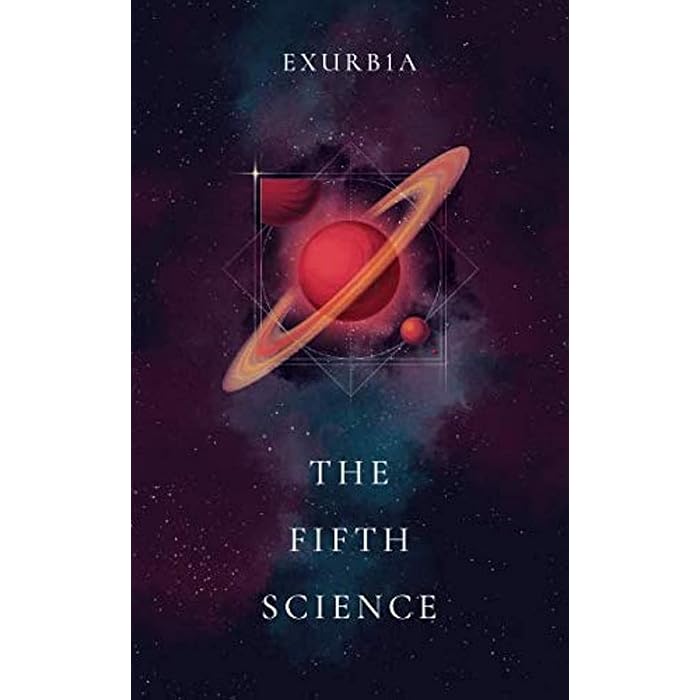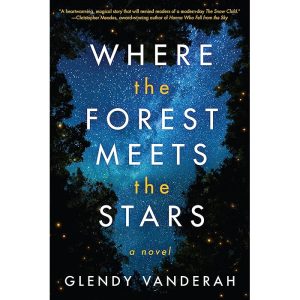Description
The term **”The Fifth Science”** is a concept that has appeared in various contexts, often suggesting a new field of study or a different way of looking at knowledge beyond the traditional sciences. However, its meaning and significance can differ based on the context in which it’s used. Here are a few interpretations:
### 1. **The Fifth Science in Literature (by Arthur C. Clarke)**
In the science fiction world, **Arthur C. Clarke** coined the term *”Fifth Science”* to refer to a potential future discipline. Clarke, in his essay “The Fifth Science,” suggests that science could evolve into a new realm that is completely different from the classical disciplines. The “First Science” involves the laws of physics, the “Second Science” involves biology, and the “Third Science” deals with technology and engineering. The “Fourth Science” involves human psychology and social behavior. The “Fifth Science” would be an entirely new way of understanding reality, possibly involving new physical dimensions, quantum consciousness, or other novel scientific frontiers.
### 2. **The Fifth Science in Contemporary Discussions**
In some modern discussions, the “Fifth Science” might refer to **data science**, which is becoming increasingly important in the digital age. This is because data science is seen as a field that bridges the gap between several established disciplines—such as mathematics, statistics, computer science, and engineering—using tools and methods to analyze and interpret vast amounts of data. With the rise of big data, artificial intelligence, and machine learning, data science has emerged as a critical field that combines multiple existing sciences and is often considered a new, separate discipline of its own.
### 3. **The Fifth Science as an Interdisciplinary Field**
Sometimes, “Fifth Science” may be used in an interdisciplinary sense, implying a science that emerges at the intersection of other disciplines. For example, **environmental science** could be considered a “fifth science” that combines aspects of biology, chemistry, physics, and earth science to address the complexities of the natural world and human interaction with it. Other fields like **neuroscience** or **cognitive science** might also fit into this framework as new branches of study that combine multiple areas of research.





Reviews
There are no reviews yet.